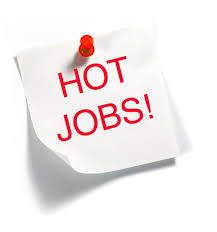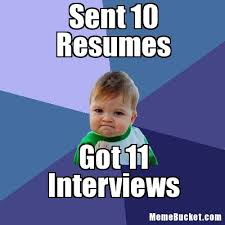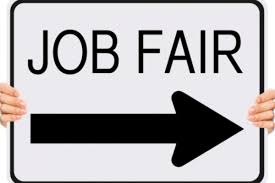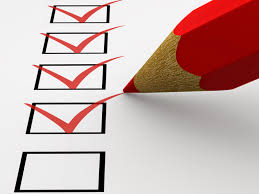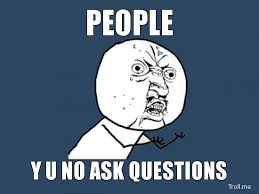
Do you have any questions for us?
The interview is nearly over, only one question left; ‘Do you have any questions for us?’. At this stage many of us note the nearest exits and give a rapid, fervent nod of the head signalling a definite no.
To answer the question in this way is a wasted chance to make a good final impression. Like every other question in the interview this is a chance to sell ourselves, show our interest in the company and the benefits that we can bring to it. Here are some tips on how to answer this question in the best way.
Research
Always research the company; this is the final question and your chance to leave on a really good impression. Let the company know that you are really interested in them and this position by showing that you have put time and effort into preparing for the interview. Search the company website; see their values, history and recent achievements. It is also a good idea to look at the twitter, facebook and LinkedIn accounts of the company. Google news can also help you to learn more about them and the latest happenings in their company.
Preparation
Some of the best answers are those based on research, as this again shows your interest and enthusiasm for the role. You could ask a question on something that caught your eye on their websites i.e. a new project they are undertaking, expansion, awards received, voluntary work they are involved in, new products or their customer base.
‘I read in the news that you recently ran a volunteering day with all your staff, could you tell me more about that?’
‘I see from your website that you have been awarded best small company to work in, can you tell me more about that?
It can be a good rule of thumb to only ask questions on positive things that you have seen. The interview stage is a bit too soon to start pointing out the negative.
Training
This can be a good question to ask as it shows that you are interested in developing your knowledge within the role and the company.
‘Do you provide any training in……?’
Promotion
It is important to first outline what you would do in order to achieve a promotion. If you have ever received a promotion before it can be good to use this as an example and it also means that you are selling yourself at the same time.
‘In my last role I managed to exceed my monthly sales targets by 10%, which led me to gaining the role of sales team leader, leading a team of 8 people. I know that if hired by your company I would work as hard to reach and exceed my targets, if this happened would there be similar chances for advancement?’
Result
It is really important to know on leaving the interview, when you will receive the result and what the next stages of the process are going to be.
‘When will you be letting people know the outcome of the interview?’
‘When can I expect to hear from you?’
‘What is the next stage in the hiring process?’
Role and company
These questions about the role, show that you have thought about a future in the company and developing a career there. This will be music to the employer’s ears.
‘What is the typical career path in this role?’
‘How many people will be in my team or department?’
‘What is the structure of the department like?’
‘What is a typical day like in this role?’
‘What is the dress code?’
‘What is the layout of the office like and where would I be located?’
‘How would you describe the culture here?’
Selling yourself –
This question is the last chance to sell yourself, it is important to grasp this opportunity. This is the chance make that final knockout punch and state why you are the best candidate.
‘I am really very interested in working in this position I was wondering if there was anything I could clarify or add regarding my experience, education and skills’
‘I can’t think of a question but I’d just like to add that in my last role, I consistently exceeded monthly sales targets by 20%, through up selling techniques and by building strong bonds with my customer base. I know that if selected for this role, I would work as hard to achieve results like these in your company.
Interest in the interviewer
In the interview, you are also trying to build a connection with the interviewer. A nice way to do this can be to ask them about their experience in the company?
‘What do you enjoy the most about working here?’
Don’t
Do not ask about salary, holidays, lunch hour or bonuses as this will sound greedy and that you are not really focused on the role. All of these items can be discussed at the hiring stage.
Thank you- You can also take this as an opportunity to thank the employers for their time, stating how wonderful it was to meet with them, and that you are even more interested than ever in the role and the company.
Employers would like to find a candidate who is interested and passionate about the role and the company. Chances are if you are able to demonstrate this, you will leave a lasting last impression.
Breda Hegarty is the Pre-employment Trainer in Business in the Community, supporting people with barriers gain employment and author of the blog www.thejobmotivator.com . For more information and to book an appointment for a place on our next free training course, in relation to C.V.s . cover letters and Interview skills call; (01) 8743840 / (01) 8743814 or e-mail employmentprogramme@bitc.ie
